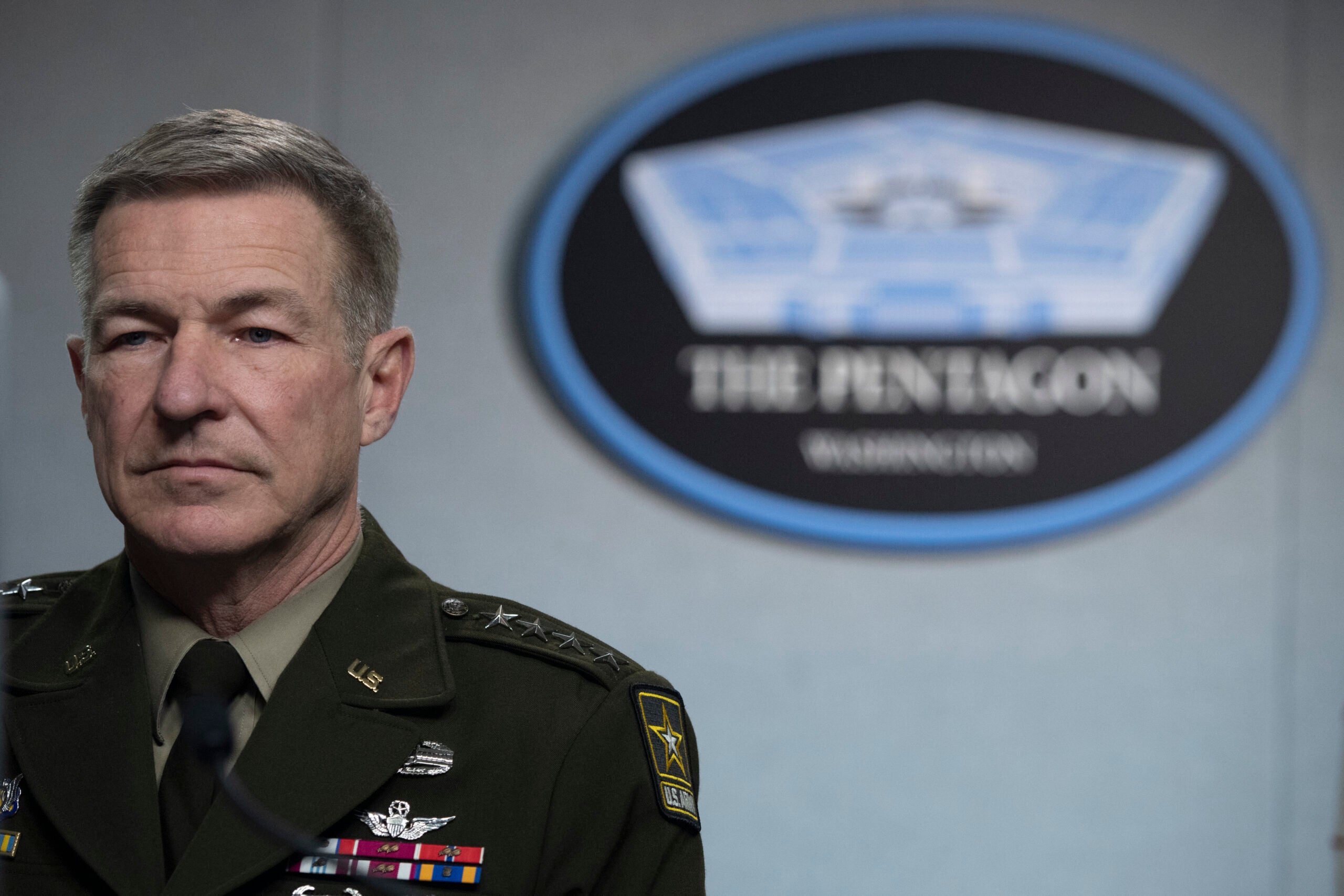Nicholas Charles Revello Plaintiff V.s Keren Laina Sangalaza Defendant
February 23, 2021
Veterans Day Message from President Trump
August 1, 2022
Navajo Code Talker Samuel Sandoval dies
August 1, 2022
The Russians are making "slow and uneven advances" through northern Donetsk, a senior military official said speaking on background today. The Russian invasion of Ukraine has caused hard and brutal ...
Single Judge Application; Geib, 733 F.3d at 1354 (establishing that “applicable regulations place responsibility for the ultimate TDIU determination on the VA, not a medical examiner”); Board was therefore ...
Single Judge Application; reason and bases; Dela Cruz v. Principi, 15 Vet.App. 143, 149 (2001); failure discuss all the evidence favorable to a claimant; Gabrielson v. Brown, 7 Vet.App. ...
Single Judge Application; English, 30 Vet.App. at 352-53; the Board must explain what it understands the terms “slight” and “moderate” in DC 5257 to mean so that appellant will ...
Single Judge Application; obesity; Walsh v. Wilkie; Gen. Coun. Prec. 1-2017 (Jan. 6, 2017); A 2017 VA General Counsel (VAGC) precedent opinion determined that “besity may be an ‘intermediate ...
Single Judge Application; Davidson v. Shinseki, 581 F.3d 1313, 1316 (Fed. Cir. 2009); The RO’s request distinguished between the veteran’s statements and the other evidence of record: “rivate medical ...
Panel Application; Mitchell v. Shinseki, 25 Vet.App. 32, 44 (2011) (holding that, for a VA joints exam to be adequate, the examiner must portray the extent of functional loss ...
Single Judge Application; In Rizzo v. Shinseki, the U.S. Court of Appeals for the Federal Circuit previously held that VA need not affirmatively establish an examiner’s competency. 580 F.3d 1288, ...
Holding policymakers accountable for veterans’ health care delays Jimmie T. Smith is a partially disabled U.S. Army veteran who is happy with the care he gets from the Veterans Affairs ...
198 Veterans News - Copyright AllRights Reserved.
:quality(70)/cloudfront-us-east-1.images.arcpublishing.com/mco/T56ADX64ANDYNP5MWRKCULXRZA.jpg)



:quality(70)/cloudfront-us-east-1.images.arcpublishing.com/mco/QBYJTGYCQBHSVITAL32RAO7HAA.jpg)




:quality(70)/cloudfront-us-east-1.images.arcpublishing.com/mco/YVREBMCGTNFNTI6PSBKVQDR7CU.jpg)

